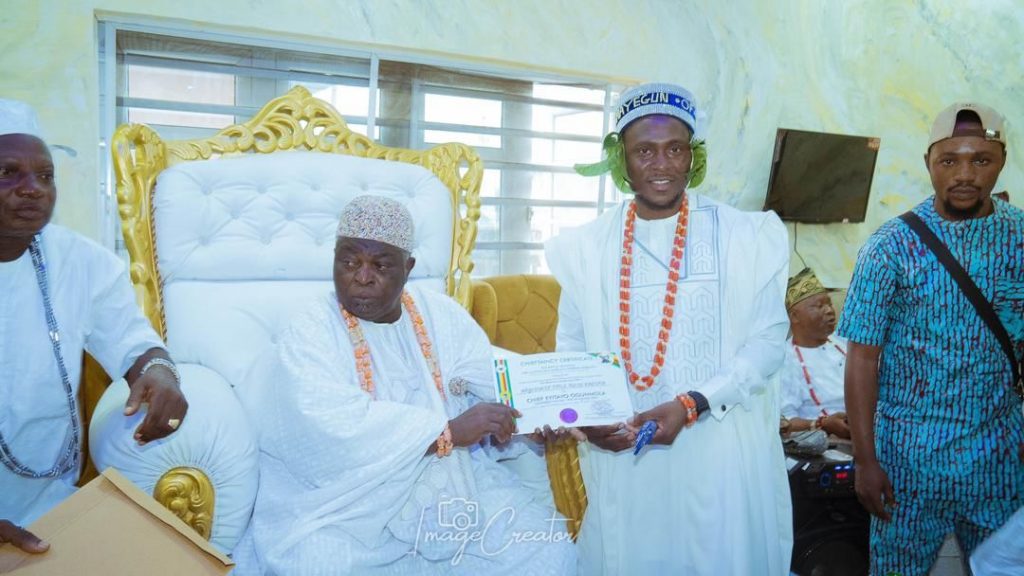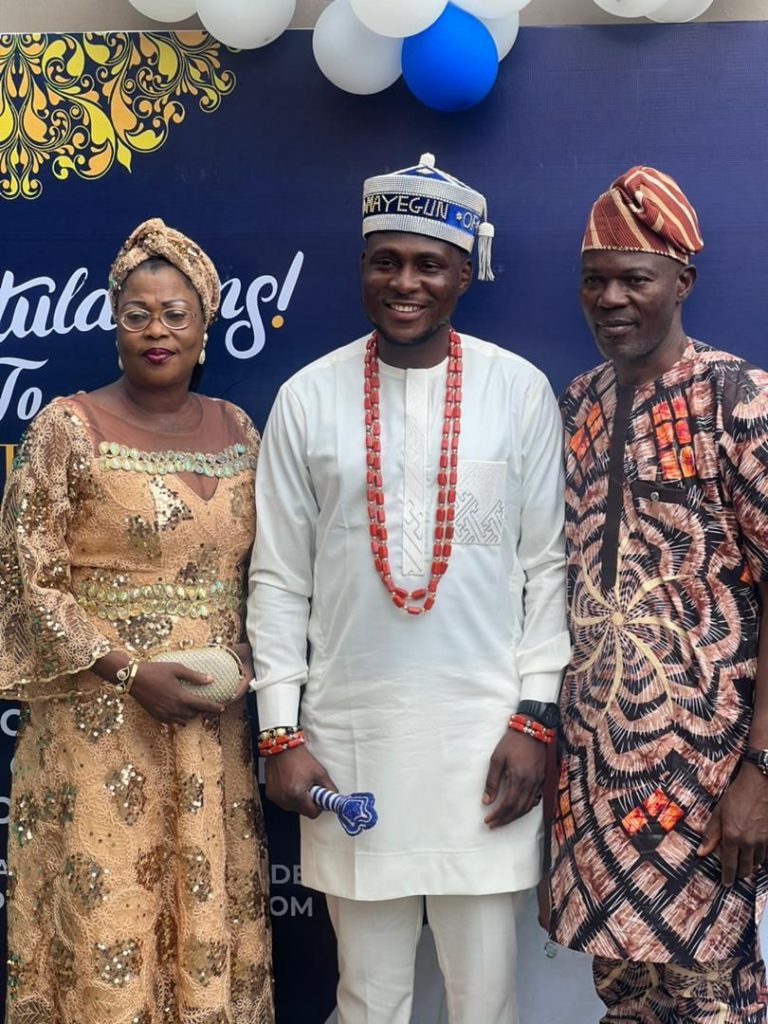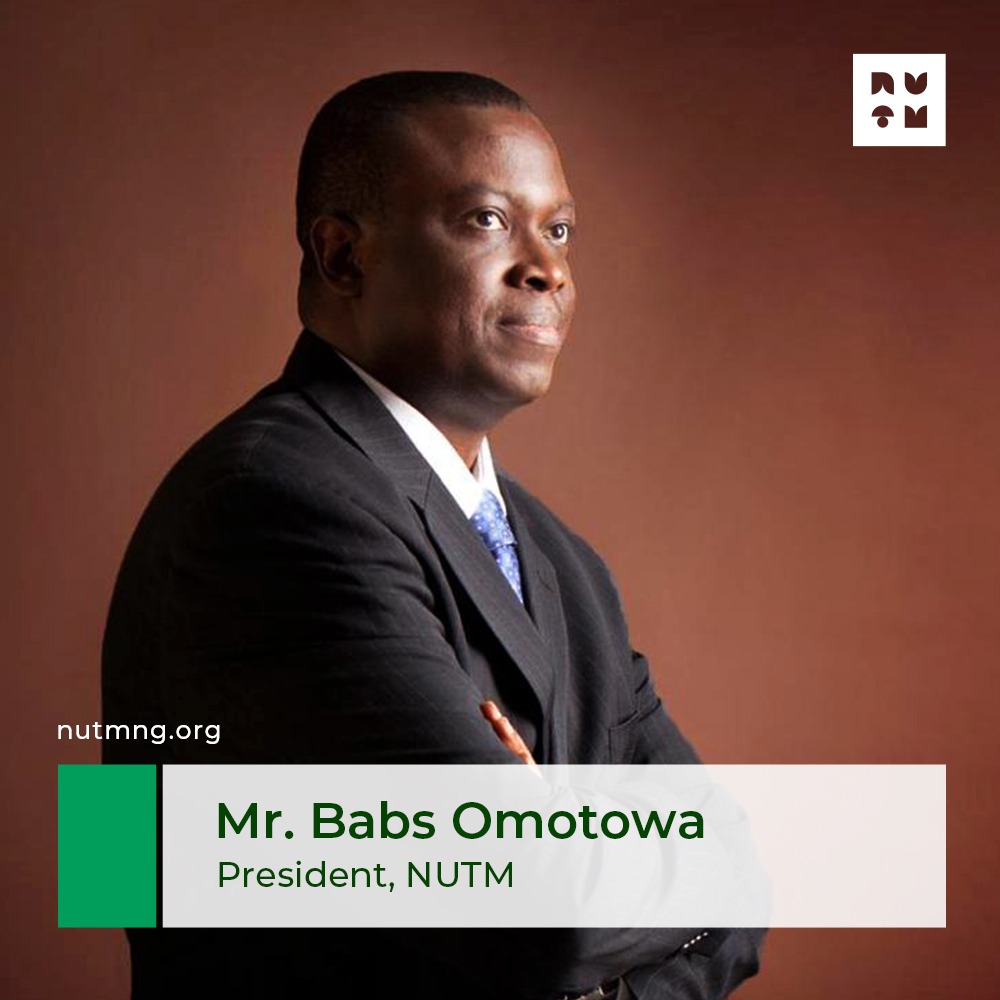British researchers have found that one’s health stands to reap numerous benefits by abstaining from alcohol for just one month, since drinking regularly is a major risk factor for cancer, liver and cardiovascular diseases, among other issues.
The study by researchers from the University of Sussex in Falmer, UK, shows just how much skipping alcohol for one month can improve your life and concludes that these benefits are long-lasting.
*93 percent of participants reported experiencing a sense of achievement at the end of the alcohol-free month
*88 percent had saved the money that they would otherwise have spent on drinks
*82 percent of participants reported an enhanced awareness of their relationship with alcohol
*80 percent felt more in control of their drinking habits
*76 percent understood when they felt more tempted to drink and why
*71 percent of participants learned that they did not need alcohol to have fun
*71 percent said that they enjoyed a better quality of sleep
*70 percent reported better overall health
*67 percent had higher energy levels
*58 percent of participants lost weight
*57 percent reported improved concentration
*54 percent said that they noticed better skin health
In the UK, a charity organisation Alcohol Change United Kingdom, encourages people to try giving up alcohol for one month at the start of the year. Thousands of people around the world pledge to take part in this campaign, called Dry January, each year. You too can sign on, if you love alcohol.
The research, which Dr. Richard de Visser from the University of Sussex led, found that people who took part in Dry January in 2018 reported higher energy levels and healthier body weight. They also felt less need to drink alcohol, even several months after participating in this initiative.
Dr. de Visser and team analyzed data that they collected from Dry January participants in three online surveys. A total of 2,821 people filled in a survey upon registering for the campaign at the beginning of January. In the first week of February, 1,715 participants completed a survey, and 816 participants submitted additional data in August 2018.
The researchers found that giving up alcohol for a month helped the participants reduce their number of drinking days later in the year. The number decreased from an average of 4.3 days per week before taking part in Dry January to an average of 3.3 days per week afterward.
Moreover, people who went teetotal for a month also got drunk a lot less frequently later on in the year. Rates of excessive drinking fell from an average of 3.4 times per month at baseline to 2.1 times per month on average.
In fact, Dry January participants also learned to drink less. They went from consuming an average of 8.6 units of alcohol per drinking day at baseline to 7.1 units of alcohol per drinking day later on.
“The simple act of taking a month off alcohol helps people drink less in the long term; by August, people are reporting one extra dry day per week,” notes Dr. de Visser.
“There are also considerable immediate benefits: nine in 10 people save money, seven in 10 sleep better, and three in five lose weight,” he adds.
Important benefits, however, are also available to those who give up alcohol for shorter periods. An alcohol-free month would be better, but even less than that can still boost a person’s health, Dr. de Visser says.
“Interestingly, these changes in alcohol consumption have also been seen in the participants who didn’t manage to stay alcohol-free for the whole month — although they are a bit smaller. This shows that there are real benefits to just trying to complete Dry January,” the researcher emphasizes.
“The brilliant thing about Dry January is that it’s not really about January. Being alcohol-free for 31 days shows us that we don’t need alcohol to have fun, to relax, to socialize,” says Dr. Richard Piper, the CEO of Alcohol Change UK.
“That means that for the rest of the year, we are better able to make decisions about our drinking and to avoid slipping into drinking more than we really want to,” Dr. Piper notes.
“Many of us know about the health risks of alcohol — seven forms of cancer, liver disease, mental health problems — but we are often unaware that drinking less has more immediate benefits too. Sleeping better, feeling more energetic, saving money, better skin, losing weight… The list goes on.”
“So, be it this January or later in the year, you may want to try swapping alcohol for tea, juice, or water for a month or even a few weeks. It could make you happier and healthier, and your bank account will thank you too”, said Piper.

 News5 years ago
News5 years ago
 News5 years ago
News5 years ago
 News5 years ago
News5 years ago
 News5 years ago
News5 years ago
 Politics5 years ago
Politics5 years ago
 Politics5 years ago
Politics5 years ago
 Politics5 years ago
Politics5 years ago













